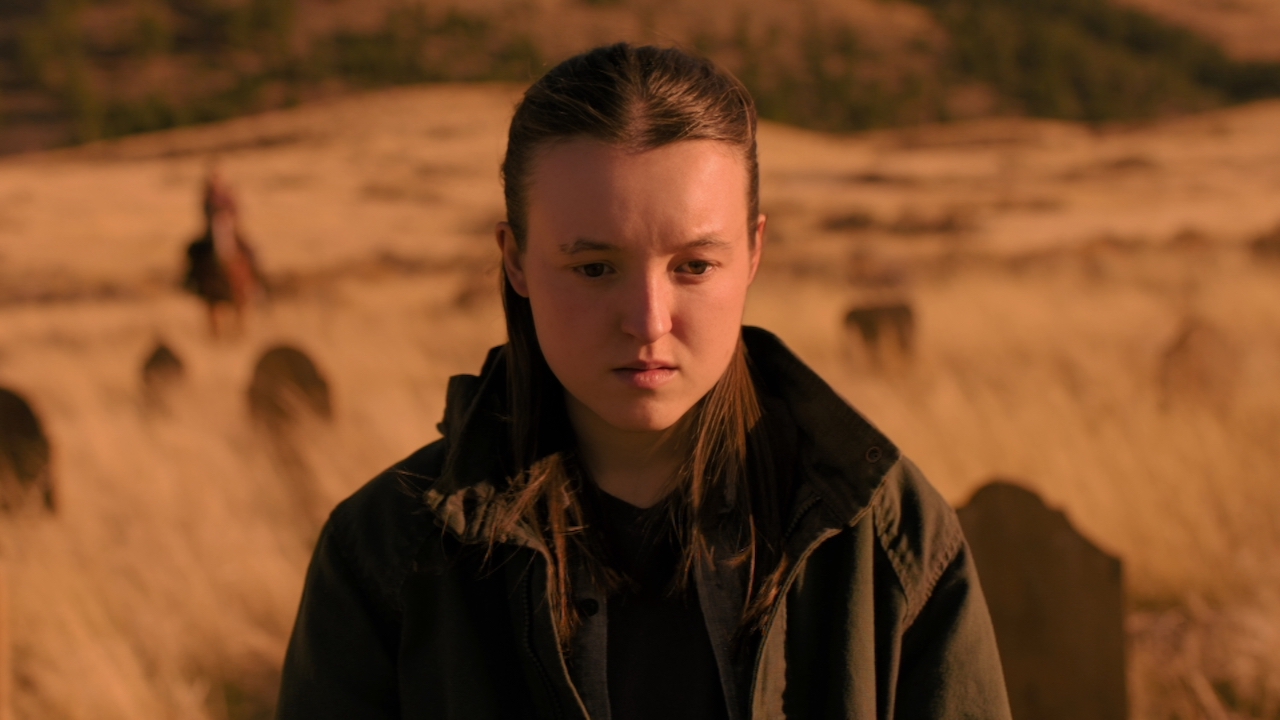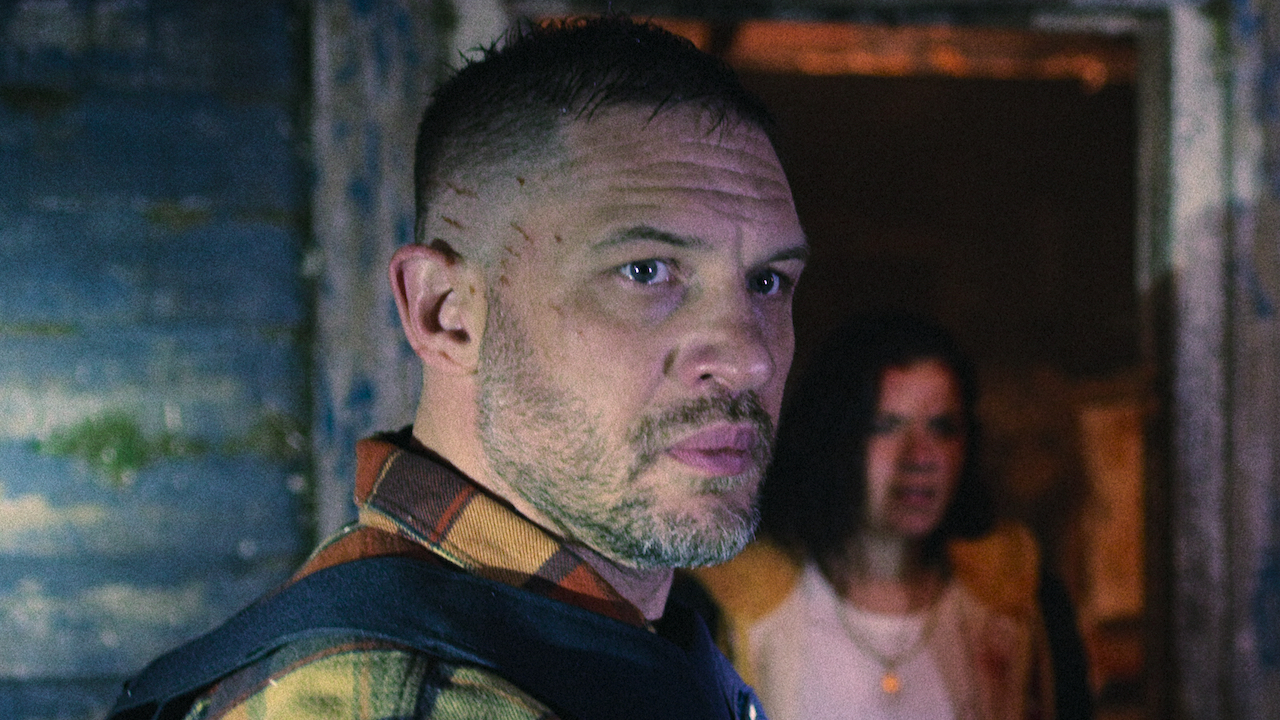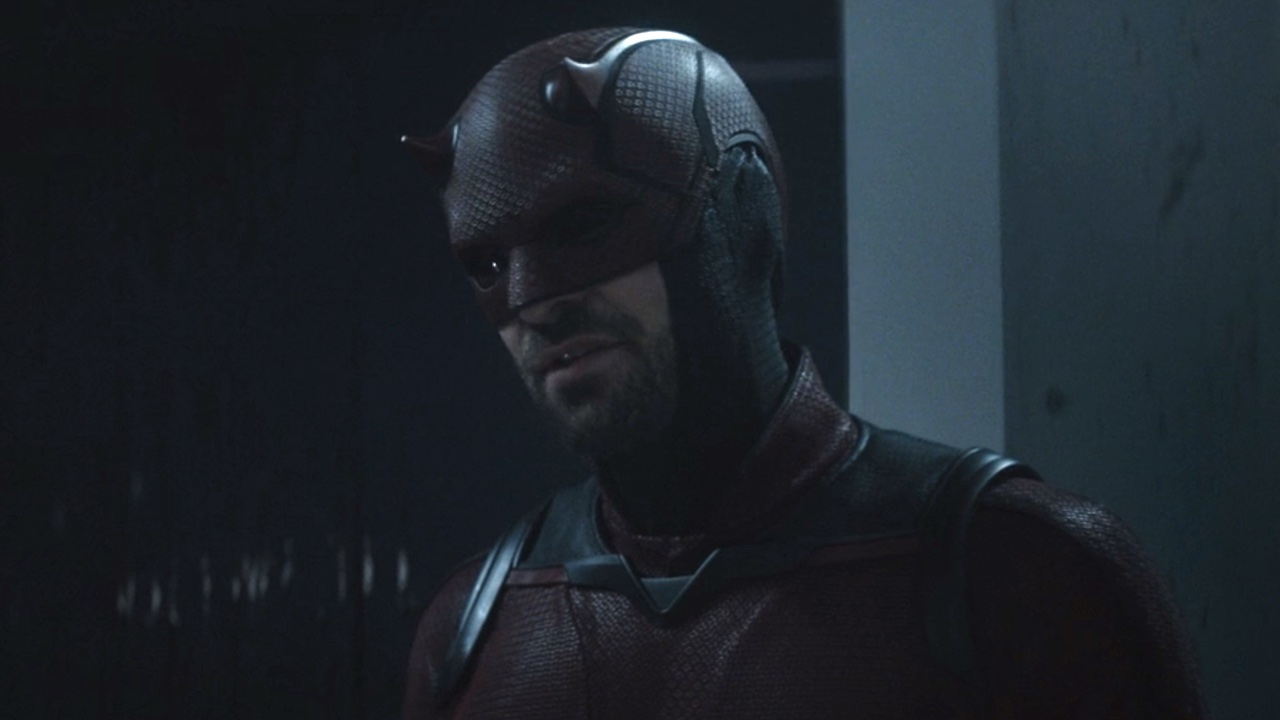One Thing Companion Does Super Well For Sci-Fi Fans That No One Is Really Talking About
Murder wasn't the only law breaking act that took place here.
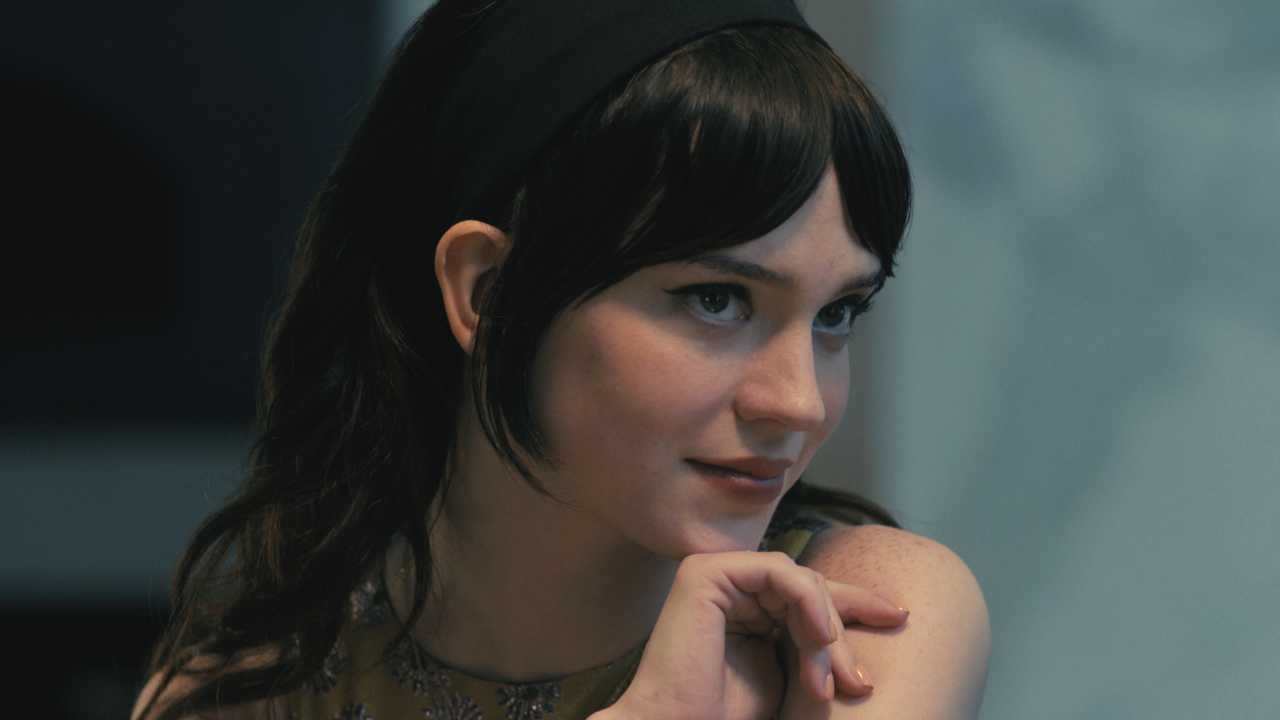
Warning: SPOILERS for Companion are in play. If you haven’t yet booted up this twisted comedy for yourself, you’ve been warned.
I have to say that the buzz surrounding the 2025 movie Companion is well earned, as its sci-fi premise meshes well with a very surprising murder mystery. While you could debate which half of the equation is more prevalent in writer/director Drew Hancock’s early year hit, I'd personally make a case for speculative science winning the day.
That's thanks to a subtle, but firm understanding that Hancock has on a classic staple present in some of the best sci-fi movies: Isaac Asimov’s Three Laws of Robotics. Looking deeper into the events depicted in this lethally-fast narrative, it's easy to see how this classic device is more than just a convenient hat tip that could mean big things for the potential future.

Iris’ Safeguards Are Clearly Inspired By The Three Laws Of Robotics
Taken from Wikipedia’s entry on Asimov’s Three Laws, the three core concerns with the presence of an artificial person are laid out in what’s supposed to be a “perfect” system of overlapping protections. While not invoked by name, clues are dropped by Josh (Jack Quaid) and various other humans in Companion’s storyline that echo this landmark list of guardrails:
- A robot may not injure a human being or, through inaction, allow a human being to come to harm.
- A robot must obey the orders given it by human beings except where such orders would conflict with the First Law.
- A robot must protect its own existence as long as such protection does not conflict with the First or Second Laws.
Dialogue referring to how Iris (Sophie Thatcher) can’t hurt the humans or Companions in her wake almost sneaks up on you in the moment, putting those three tenets into practice. It really shows the love and care for this bedrock of sci-fi literature, particularly as Drew Hancock’s work doesn’t make a big deal out of it all.
The Three Laws of Robotics are somewhat common sense at this point, even when thinking about how they could and should apply to real life robotics. With that in play, we’re about to jailbreak Companion’s story and explore the exact circumstances that made Iris not-so-3 Laws Safe. So consider this your last chance to avoid spoilers by shifting to something like our official Companion review.

The First Law Of Robotics Explains Why Iris Can’t Hurt (Most Of) Companion’s Human Cast
Throughout the first act or so in Companion, Iris is functionally unable to harm a fly. Exhibiting a docile personality, and an undying loyalty to Josh, she even promises at one point to still love her “boyfriend” after breaking the First Law. In all fairness, that was only thanks to Josh using her to murder the unsuspecting Sergei (Rupert Friend).
CINEMABLEND NEWSLETTER
Your Daily Blend of Entertainment News
Eventually, that loyalty is broken, and our mechanized protagonist grows to want to hurt some humans that pose a threat. Unfortunately, even after she kills the Russian sod farmer who’s somehow financially well off, she’s unable to take action against Josh.
It all starts to get interesting rather quick, as instead of merely breaking Asimov’s Three Laws of Robotics, Companion pushes them to their limits. Iris’ ultimate ability to harm the humans she eventually rises up against comes from an unintended gift given to her by Jack Quaid’s entitled tech bro, and it pays off in dividends when the time comes.
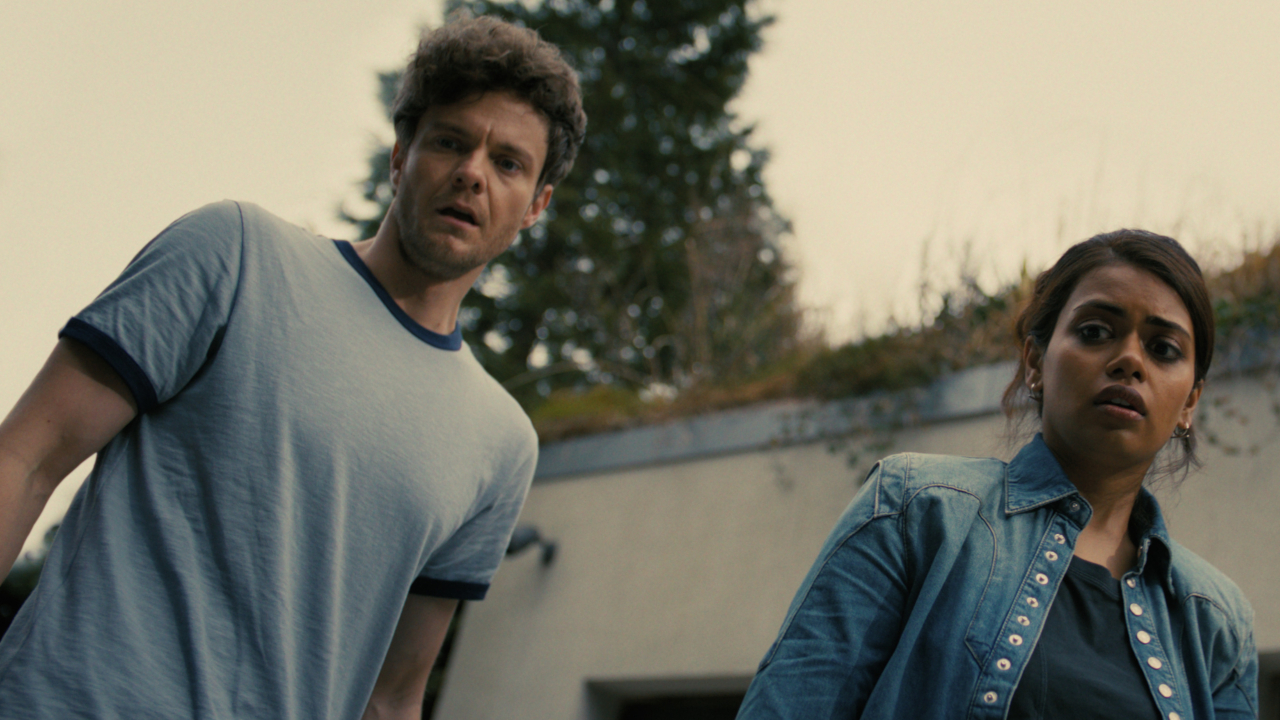
Josh’s ‘Jailbreaking’ Gave Iris Great Freedom To Break The Second Law Of Robotics
The Second Law of Robotics dictates that the savage act at the heart of Companion’s inciting incident shouldn’t have been allowed to happen. Not only should Iris have been unable to kill Sergei, but even the bespoke orders given to her by Josh and co-conspirator Kat (Megan Suri) to do so would have been shut down. The same applies to fellow love mecha Patrick (Lukas Gage), who practically turns into the T-1000 after he’s manipulated by Josh further down the line.
Which leads us to the uber-stupid move that Companion’s wimpy antagonist should never have made. To paraphrase the words spoken by Harvey Guillen’s Eli, he jailbroke the sex bots. We saw this same sort of thing happen in 2004’s I, Robot, where the kindly Dr. Alfred Lanning (James Cromwell) convinced robot Sonny (Alan Tudyk) to “murder” him as a clue to a much larger mystery. Of course, none of the romantic implications from this project are present in that Will Smith movie.
As far as this film is concerned, Iris was only partially jailbroken at the start in order to merely kill Sergei. But once she got a hold of Josh’s phone, Companion’s star automaton was able to mostly free herself from human control. Even with her inability to lie still intact, Iris’ smart thinking to switch her language settings gave her a great workaround, which hints at one final twist when it comes to the Third Law of Robotics.

Companion Actually Breaks The Third Law Of Robotics In Two Different Ways
Throughout her journey, Sophie Thatcher’s revolutionary robot grows to have a desire to protect herself. Companion’s ‘awesome’ final kill makes that pretty clear, as well as the various actions she took to defend herself. However, there’s another moment that actually doubles down on robots protecting their own existence, and it’s a pretty big third act happening.
As Companion sees Iris try to will fellow machine Patrick to remember his human lover, she’s also trying to protect her fellow robot’s existence. While units manufactured by Empathix are unable to hurt other Companions, it’s never really questions if they can protect each other. So by definition, Iris seems to have exceeded her programming in this gesture of empathy.
It’s just a shame that Patrick, overcome by the loss of Eli, tosses another wrinkle into the works. Violating the Third Law of Robotics in a way that contradicts what Terminator 2 taught us about machines, he self-terminates out of grief. Artificial humans not only have the ability to take the lives of humans now, they can also sacrifice themselves.

A Potential Companion Sequel Could Bank On Isaac Asimov’s ‘Zeroth Law’
As we see Iris flee the scene of the savagery that makes up the bulk of Companion, her future is uncertain. Freshly liberated, she seems unstoppable and ready to seek out humans who want to allow her kind to flourish.
But since we are talking about Isaac Asimov’s Three Laws of Robotics, there’s actually an addendum he made later on in the canon, known as “The Zeroth Law.” In its final form, it’s codified in the following terms:
No machine may harm humanity; or, through inaction, allow humanity to come to harm
Through Asimovian lore, the Zeroth Law has also been seen as a potential condition that exists within the First Law of Robotics. No matter how you slice it, this is the ultimate ace in the hole when pertaining to a Companion sequel, because if anyone from Empathix catches Iris in the wild, they’d probably be able to wrangle control of her again.
But what if her mindset shifts to interpret robots as the ultimate harm to humanity? As we saw with Josh, these would-be consumer products have allowed the human species to become even more twisted and consumed with entitlement that created a parallel between Jack Quaid’s Scream character and the one we saw here.
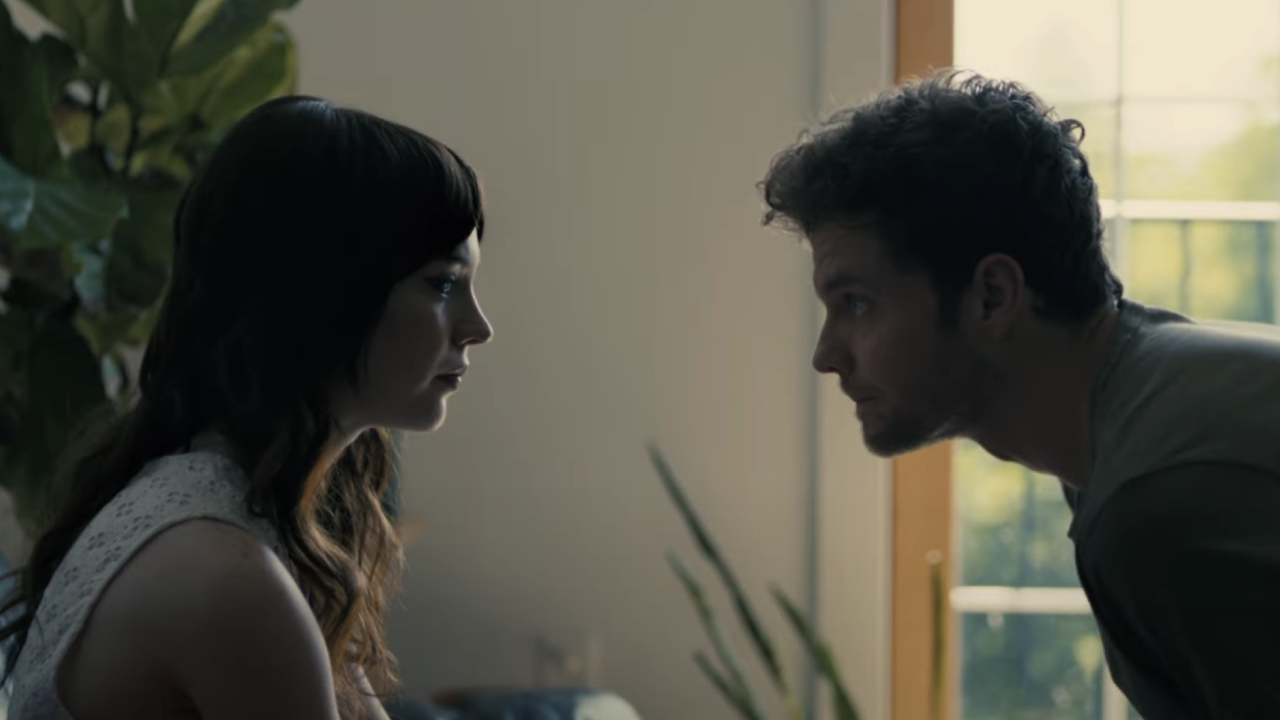
So could Iris return to halt production on any new robots, while protecting those who exist? Or could she have an even greater axe to grind with us meat bags, thinking we need to be taken out once and for all? Better still, how would Drew Hancock’s developing reboot of The Faculty be affected, if at all, with the announcement of a Companion 2: Feminist Boogaloo?
I don’t have the answers, but I know I’m excited to learn them in time. Which means that if you’ve somehow read this entire rundown without seeing Companion, you should definitely see it in theaters, if only to experience everything I haven’t spoiled above. And there's plenty more where this came from.

Mike Reyes is the Senior Movie Contributor at CinemaBlend, though that title’s more of a guideline really. Passionate about entertainment since grade school, the movies have always held a special place in his life, which explains his current occupation. Mike graduated from Drew University with a Bachelor’s Degree in Political Science, but swore off of running for public office a long time ago. Mike's expertise ranges from James Bond to everything Alita, making for a brilliantly eclectic resume. He fights for the user.
You must confirm your public display name before commenting
Please logout and then login again, you will then be prompted to enter your display name.
